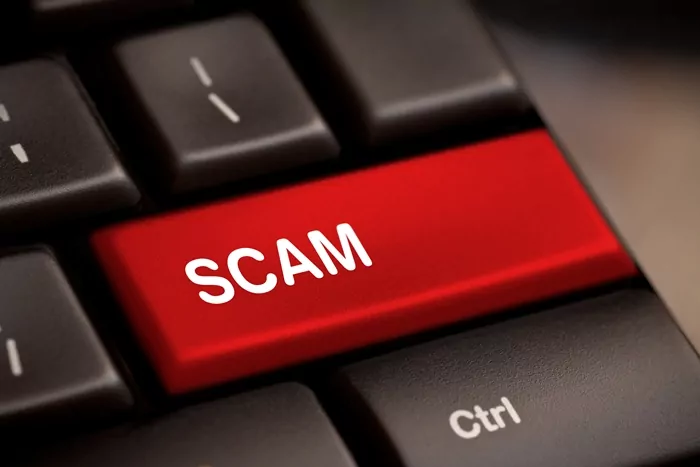Most candidates looking to dedicate their careers to the detection and prevention of crime tend to focus on the more obvious examples. Drug-dealing, theft, violent crimes and so on. Nevertheless, there’s growing demand on a global basis for those who specialise in forensic accountancy.
Roughly translated – the detection and prevention of financial fraud.
As a potentially-lucrative career path, interest in forensic accountancy careers is likewise growing worldwide. Candidates at all levels considering forensic audit courses and accredited study programs with thousands of leading colleges.
The question being – how do things look in terms of forensic accounting course eligibility? What entry criteria will ambitious candidates need to fulfil, if interested in studying to become a forensic accountant?
Forensic Accountancy: The Basics
On a global basis, white-collar crime is accelerating like never before. In fact, evidence suggests that a collective $4 trillion is lost by businesses worldwide every single year, as a direct result of fraudulent activity. Where financial fraud is overlooked or ignored, the consequences for the respective organisation can be catastrophic.
There are three primary categories of fraud: asset misappropriations, corruption and financial statement fraud. Each of which has become significantly more difficult to detect and control in an era of near-total computerisation. As businesses worldwide become increasingly dependent on the skills, talents and general acumen of forensic accountants, career opportunities for qualified candidates have never looked better.
But what does it take to build a successful career in forensic accountancy?
The short answer – a combination of a strong educational background and a handful of core characteristics.
Forensic Accountancy Qualifications
Contrary to popular belief, it isn’t necessary to obtain a formal degree to build a successful career in the field. Just as long as you’ve taken the necessary forensic audit courses and established a detailed knowledge of the subject, you’re already halfway there.
It’s worth remembering that businesses in general aren’t instinctively won-over by higher-level qualifications on paper. Instead, they prefer the kinds of ambitious candidates they can trust to get the job done. If you know what you’re doing and can prove you’re the right person for the job, it really doesn’t matter whether you have a formal degree or not.
You’ll need to study forensic accountancy in-depth, though perhaps not at the advanced level you expect.
Core Qualities and Characteristics
Typically, of greater importance than all the qualifications in the world are the core qualities and characteristics of the successful forensic accountant. Along with being precisely the traits employers are on the lookout for, these qualities also answer the question as to forensic accountancy course eligibility.
Roughly translated, you need all five of the following if you expect to make it as a forensic accountant:
1. An Analytical Mind
Forensic accountants spend most of their waking lives carrying out in-depth and often complex analysis. As such, you need to be the kind of person who has a naturally analytical mind, with the kind of mental focus and comprehensive logic it takes to identify even the most hidden clues.
2. Attention to Detail
Likewise, forensic accountancy is a field where the margin for error is precisely zero. To overlook even the most seemingly-insignificant detail is to place the entire investigation in jeopardy. You need to be the kind of person who refuses to accept anything other than a flawless and complete outcome.
3. Strong Ethics
If your ethics and general trustworthiness are thrown into question for even a moment, your career is over. Forensic accountants need to operate in accordance with the strictest codes of ethics and morals at all times. Not the kind of thing you can expect to get away with faking for long.
4. An Inquisitive Nature
Some people are naturally more inquisitive than others. Do you simply accept things around you for what they are, or are you constantly asking questions about why things happen the way they do? Are you committed to scratching beneath the surface and solving even the most complex puzzles?
5. Total Tenacity
It also goes without saying that forensic accountants must be relentlessly tenacious. Simply walking away and leaving things unfinished is out of the question. If your gut tells you something isn’t quite right, it’s up to you to stop at nothing to prove or disprove it – whatever it takes.
In a Nutshell…
Roughly summarised – the path to becoming a successful forensic accountant involves hard work and targeted studies, though depends heavily on your qualities and characteristics as a person.
Course eligibility for the vast majority of forensic audit courses and study programs may vary, but in most instances it’s simply a case of ensuring you’re the right person for the job.





